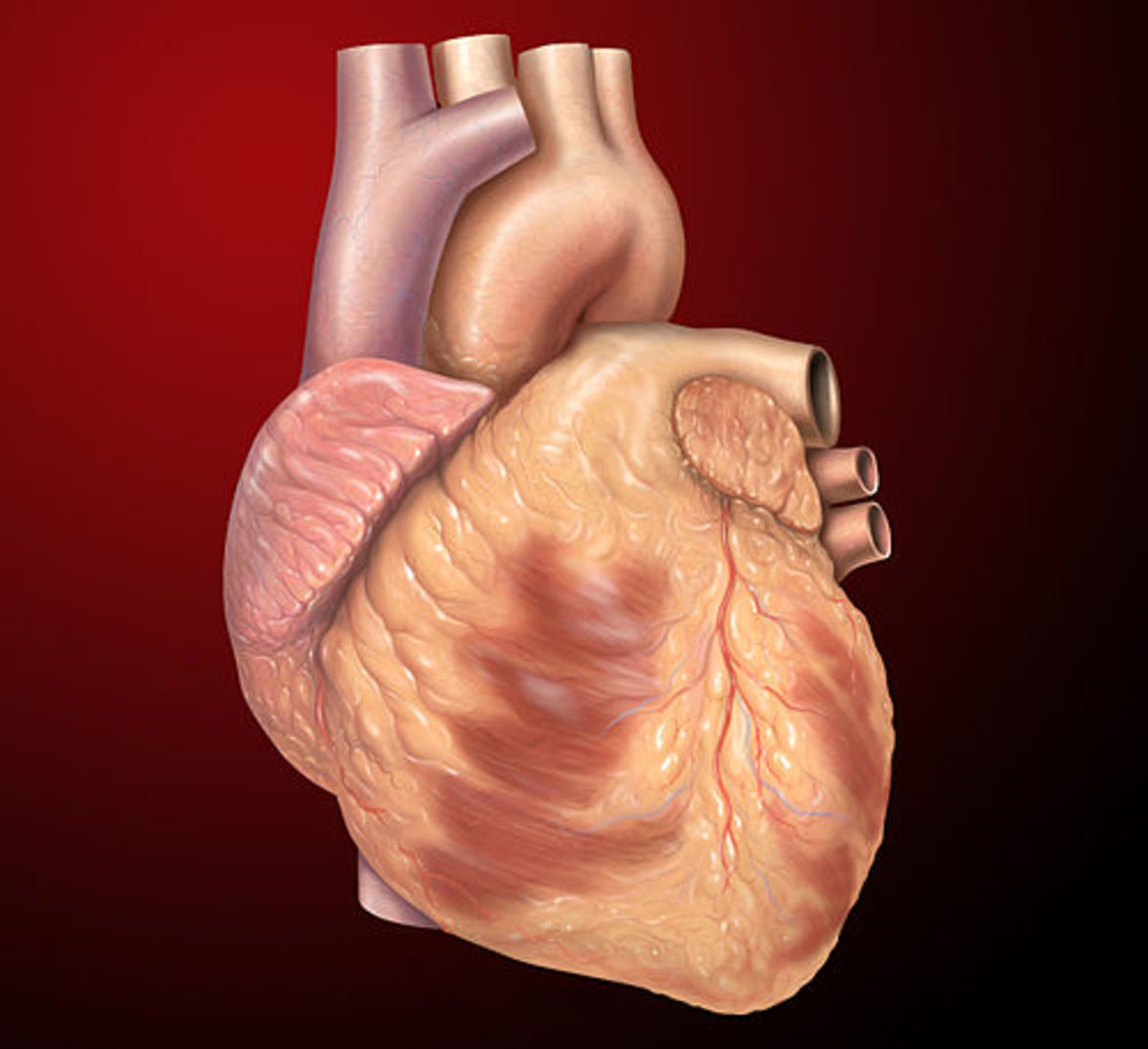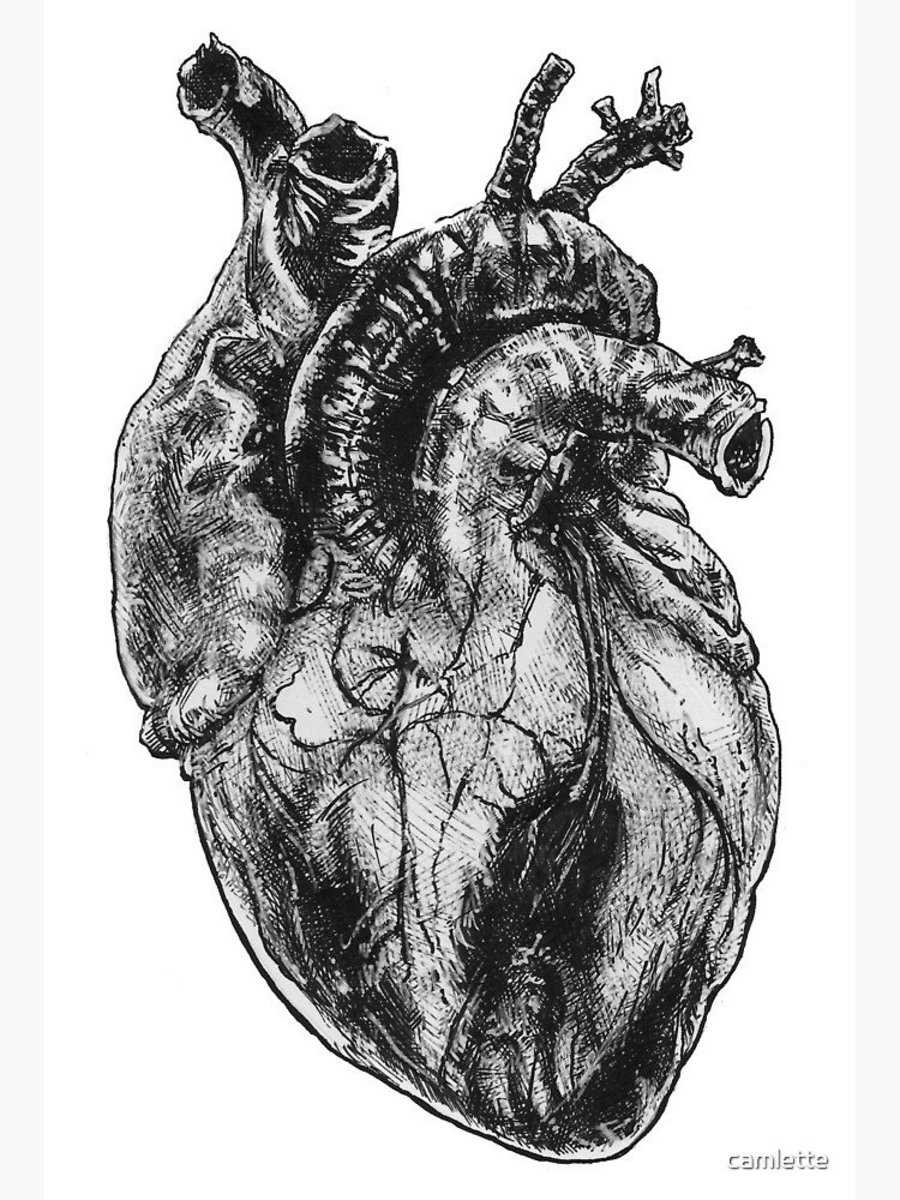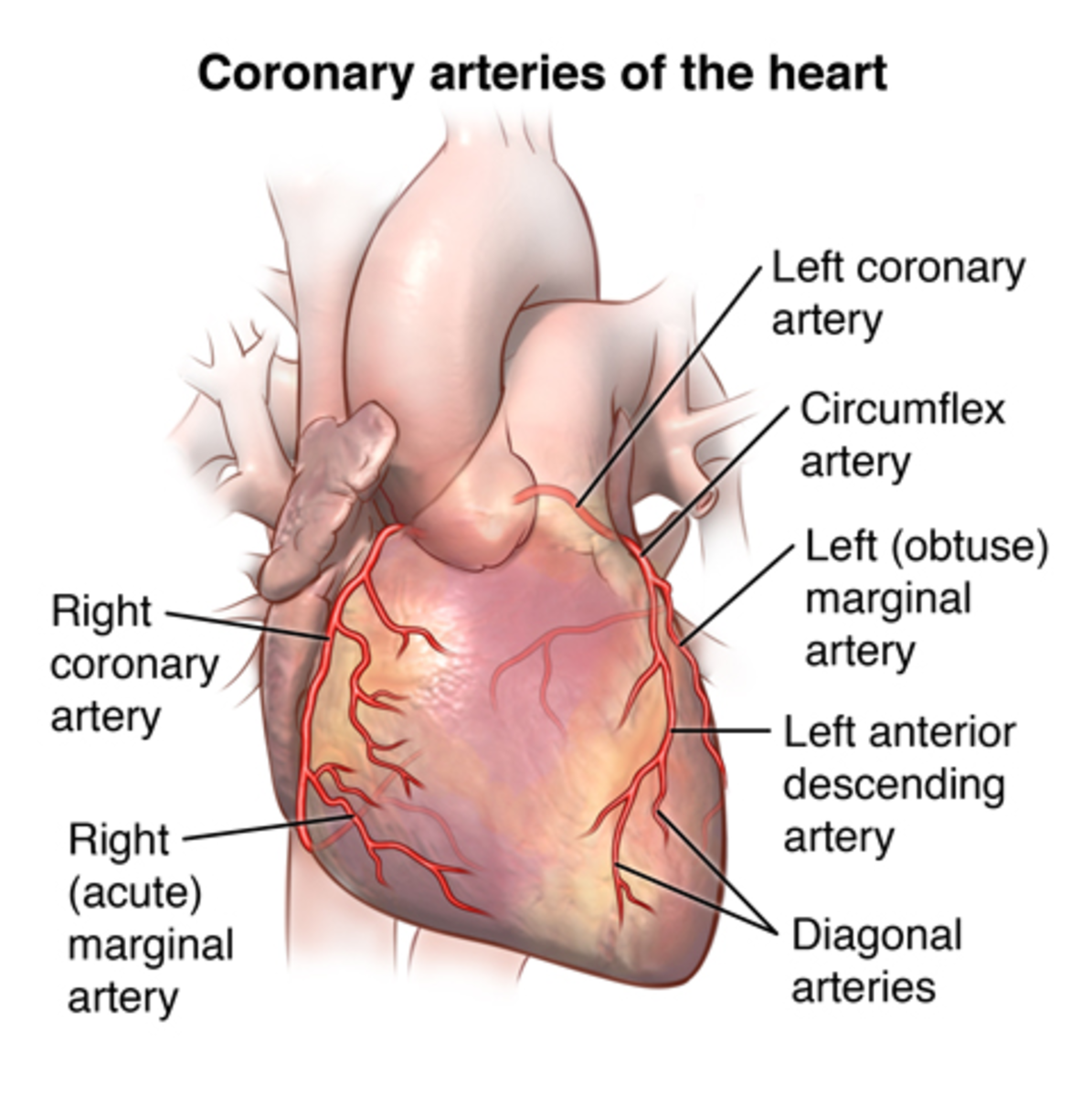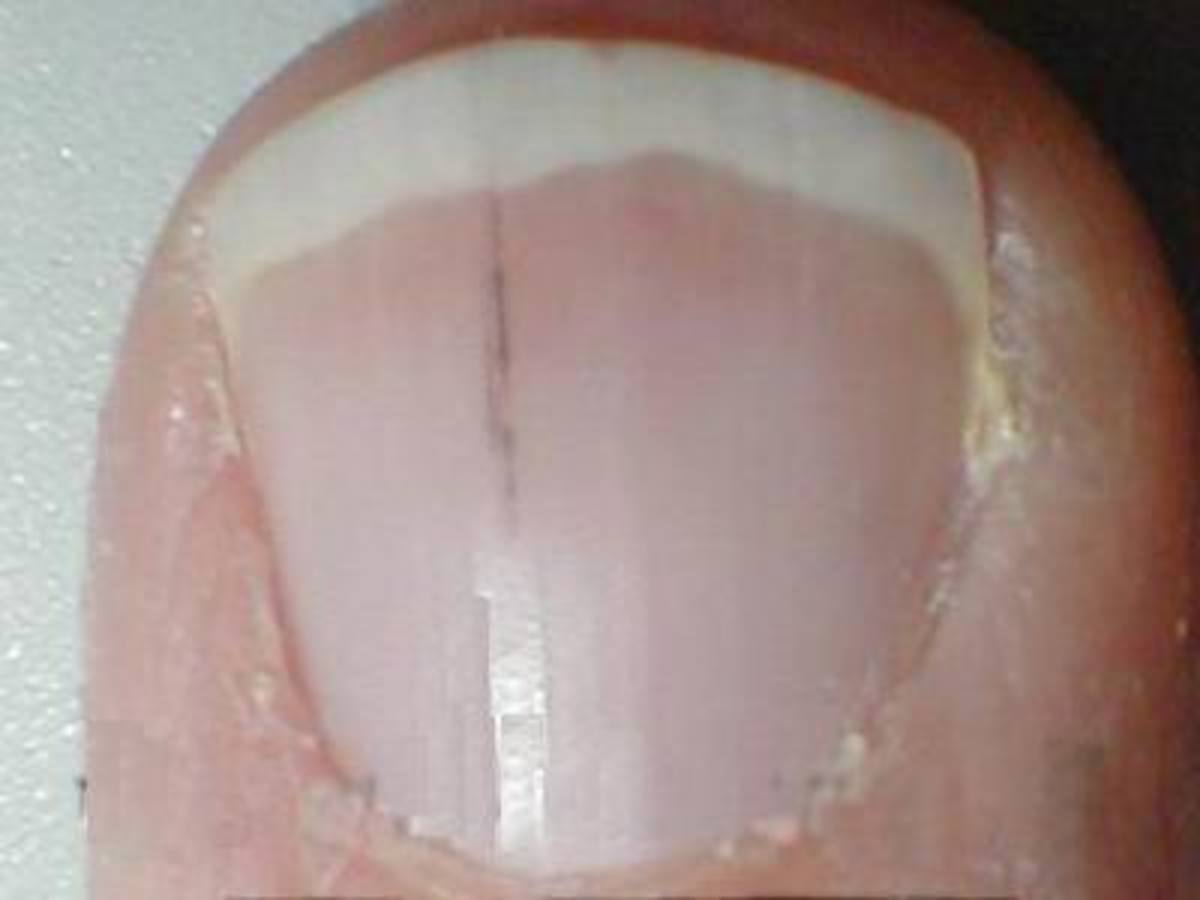Insomnia Linked to Congestive Heart Failure
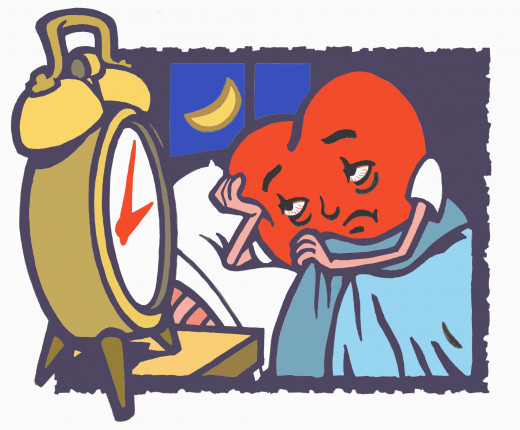
Could Insomnia Put You at Risk for Heart Disease?
If you're one of the countless people who suffer from chronic insomnia, you may want to pay close attention to a couple of recent studies that indicate there may be a connection between insomnia and cardiovascular problems.
Researchers found that the blood pressure levels of normally sound sleepers drop when sleeping thereby giving their cardiovascular system a break when they are asleep. Those suffering from insomnia did not get the benefit of this resting, lower blood pressure.
As many as half of all people experience insomnia, have trouble falling asleep or staying asleep during some point in their lives.
That means insomnia affects about 50% of all people and could create or lead to serious cardiovascular problems, even congestive heart failure.
.
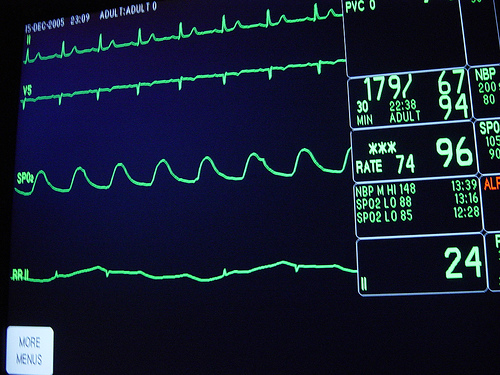
Heart Disease and Insomnia Connected in Sleep Study
One recent insomnia study conducted by researchers from the Université de Montréal at the Hôpital du Sacré-Cœur de Montréal Sleep Disorders Centre and the Université Laval found that those who suffer from chronic insomnia typically experience higher blood pressure levels in the sleepless nighttime hours.
People who sleep soundly through the night do not typically have this higher blood pressure. This allows the heart to rest in those people who sleep soundly, however, the added stress of sleeplessness can have negative effects on the cardiovascular system of otherwise healthy folks especially when experienced over a long period of time.
Blood pressure levels are connected to the sleep-wake cycle and those who have difficulty sleeping in the nighttime hours are especially at risk.
.
Risk of Congestive Heart Failure Rises with Insomnia
Another study conducted by Norwegian researchers included collecting information from more than 52,600 men and women about their ability or inability to fall asleep, frequency of waking during the night and if they were able to get back to sleep.
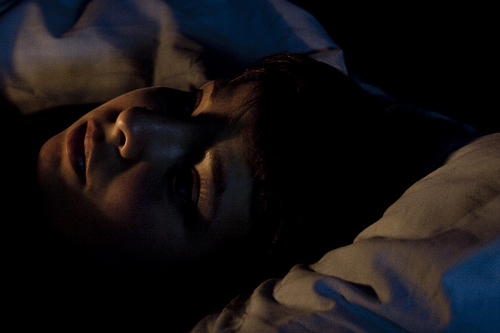
When the researchers compared the data from those who had no problem falling asleep to those suffering from insomnia, those who did not know how to fall asleep had a 45% higher risk of heart attack.
Increased risk for cardiovascular heart disease was also found in those who experienced trouble staying asleep and those who slept off-and-on through the night, but woke up feeling tired.
Basically, those who knew how to fall asleep fast were at less risk than those who suffered chronic insomnia.
The research was conducted over an 11 year period by Dr. Lars E. Laugsand of the Norwegian University of Science and Technology and appeared in the journal Circulation. and in the Research Section of the New York Times published on October 31, 2009.
.
How to Fall Asleep Fast and Avoid the Cardiologist
Based on all the research, if you experience insomnia, you may be at risk for cardiovascular problems, congestive heart failure or heart disease.
The researchers in these studies also indicated that getting a professional evaluation for your insomnia as well as learning how to fall asleep could be useful in the overall prevention of cardiovascular disease.
Simply put, if you learn how to fall asleep fast and stay asleep, your risk for heart attack will decrease. Take a minute to view the video below and discover some helpful tips that will teach you how to fall asleep fast.
.
The key to beating heart disease resulting from insomnia is to learn to fall asleep fast - and that is not an impossible thing to do.
You can teach yourself how to fall asleep fast, how to get back to sleep when waking during the night, how to stay asleep and how to get deeper, more restful sleep.
The information in this article is provided as a information resource only. This information should not used for treatment or diagnosis of any medical conditions. As a first step, always consult your physician or healthcare professional before making any decision or assessment regarding any possible medical condition.
.




